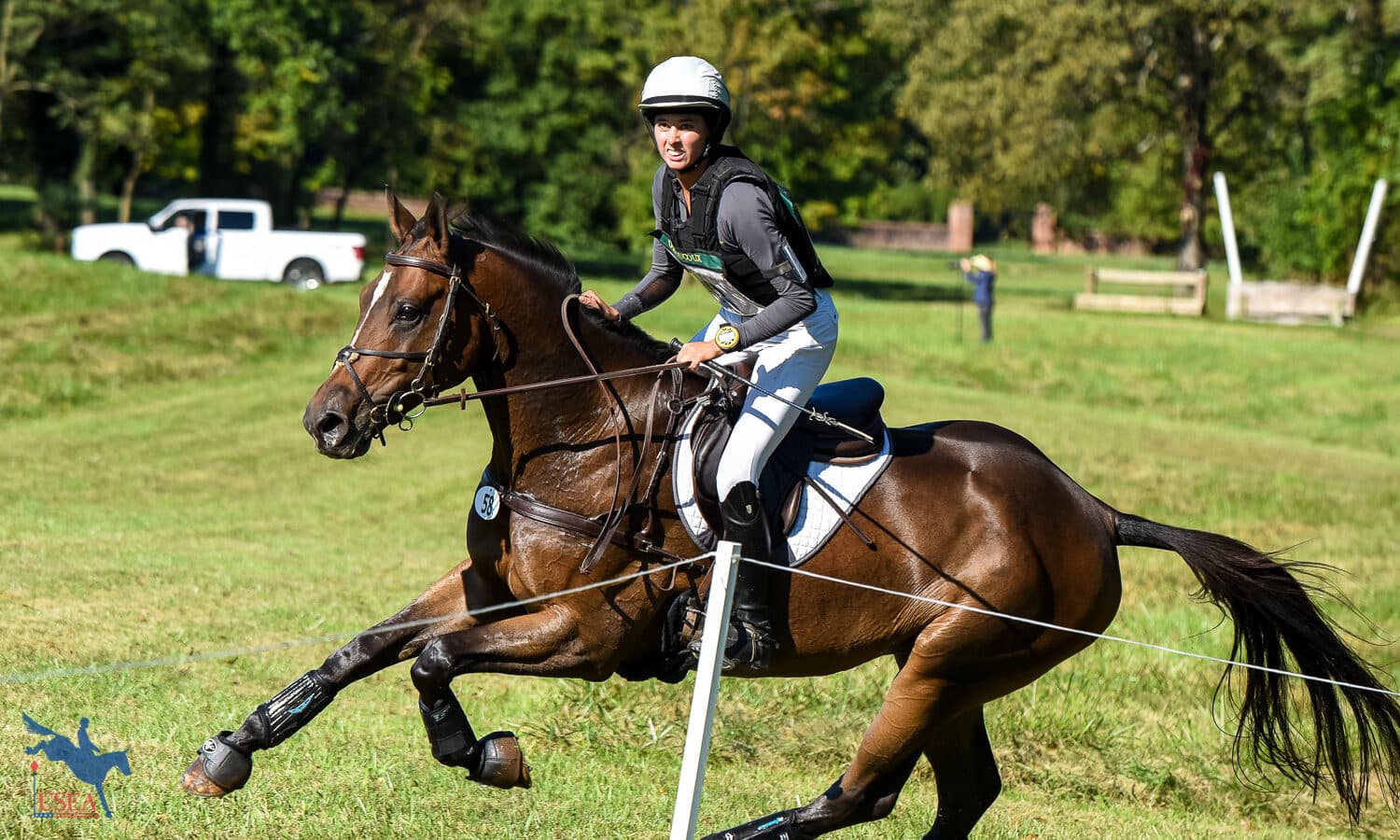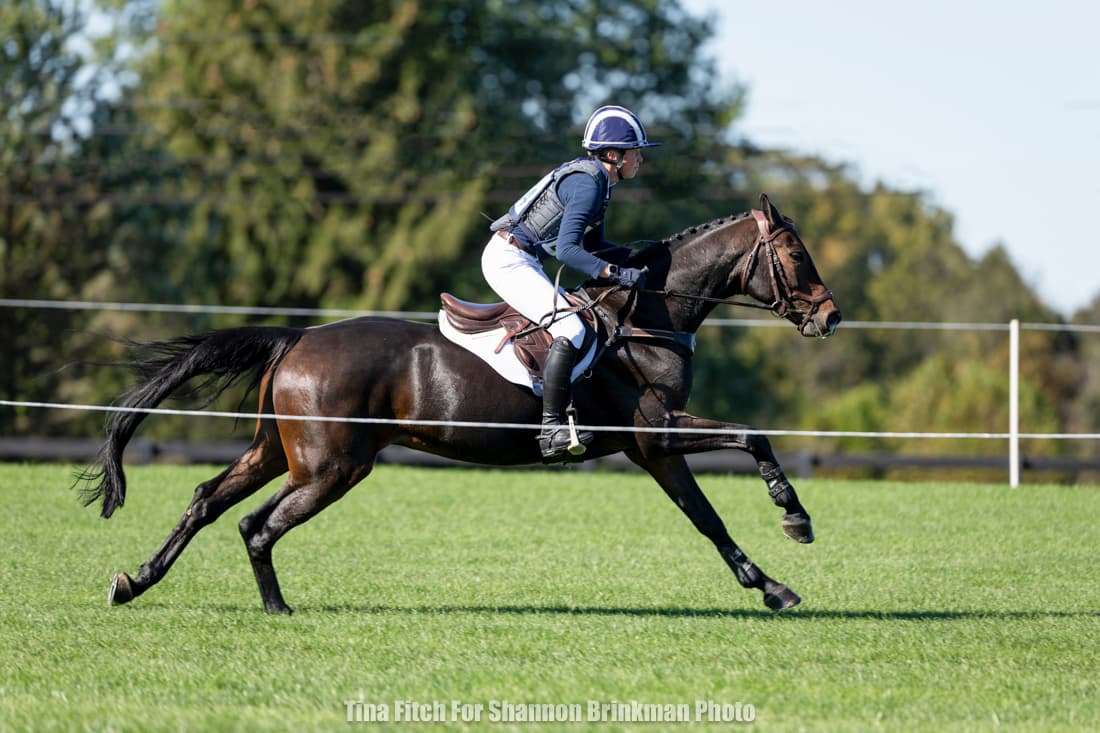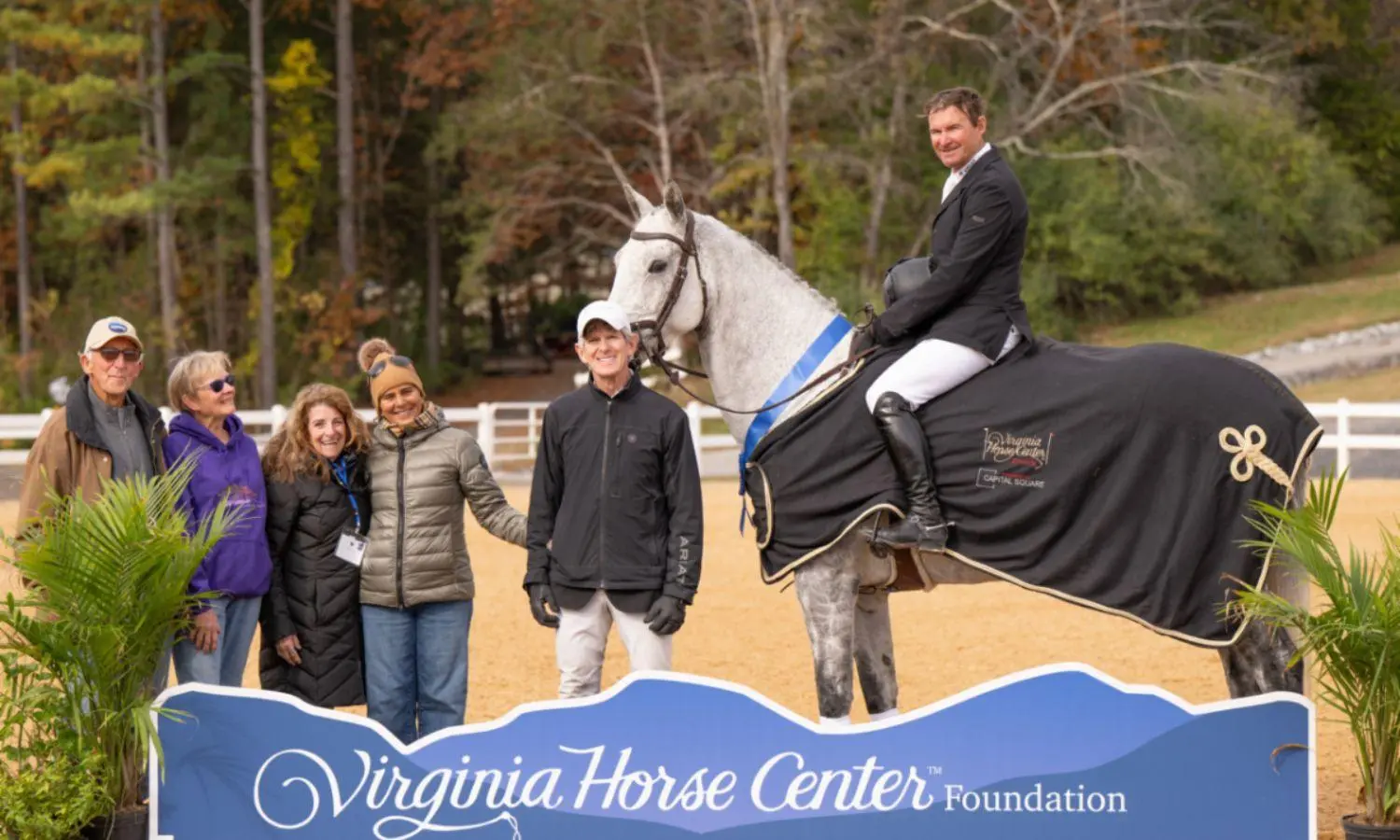Pressure Proof with Coach Stewart: Perfect Efforts and Realistic Outcomes

Two months ago we began a conversation about riding rehearsals; using mental imagery to visualize your ride before actually riding. I introduced you to several unique forms of mental rehearsals (in addition to the normal “crop-drawing” you’ve probably already tried), and the many different perspectives you can view them from (think camera angles). For example, you can “see” your upcoming ride as if viewing it from your own eyes or from the eyes of your horse - or you can “see” it from outside your body as if watching yourself on TV or from an overhead drone. You can even “feel” you mental rehearse as I described in my last two monthly tips on motor and feedback rehearsals. The good news is that mental rehearsals help you mentally and physically prepare for important rides, and there’s no shortage of different ways to do them!
This month we’ll continue this conversation by discussing two new unique forms of riding rehearsals that evolved from two equally unique concepts called (1) positive realism: making the best of a bad situation without losing confidence, and (2) probabilistic thinking: identifying possible problems and solving them before they occur. This month I’m going to introduce you to the perfect and realistic perspectives and I highly recommend you give both a try.
The perfect perspective occurs when you imagine yourself riding perfectly (visualizing your ride going exactly the way you hoped it would, like hitting all the correct distances and making all your lead changes). This is how you’d ride if everything was to go perfectly (which it won’t!) which leads us to the second technique: the realistic perspective. In this perspective, you imagine yourself riding perfectly, but then you visualize a possible (probable?) problem like missing a distance or lead change, but being so well-prepared that you also visualize yourself recovering quickly and ending with success. I like to call this riding rehearsal the “let’s get real” perspective.
The perfect and realistic riding rehearsals are both great tools to put into your mental toolbox, but the realistic perspective tends to be the strongest option for equestrians because it helps you create the positive realism mentioned earlier (which is very important because when horses are involved - doing everything right doesn’t necessarily mean everything won’t still go wrong!) Not only will realistic preparation help you visualize a successful ride, it will also help you prepare for the possibility of it not going exactly according to plan. Remember, you can’t always predict a problem, but you can prepare for it, and that’s the secret behind the realistic perspective.
Regardless of the perspective you decide to use, always remember to combine them with the other riding rehearsals I’ve mentioned these past few months (i.e. visualize your ride going perfectly while watching yourself from a drone hovering above). As you begin the new year, remind yourself that effort and outcomes aren’t always going to be equal. Yes, you’ll always make a perfect effort (i.e. recover quickly after a mistake and never quit) but that doesn’t mean the outcome will be perfect. Remember that you can always control your effort, but you can’t always control the outcome. So, turn 2021 into the year that you pledge to define your success based on your efforts, not your outcomes.
I hope you enjoyed this month’s tip. Next month we’ll wrap up the subject of riding rehearsals, but until then feel free to email me at [email protected] if you’d like me to teach a Zoom webinar on equestrian sports psychology to your barn, school, or association during the holidays or New Year!














